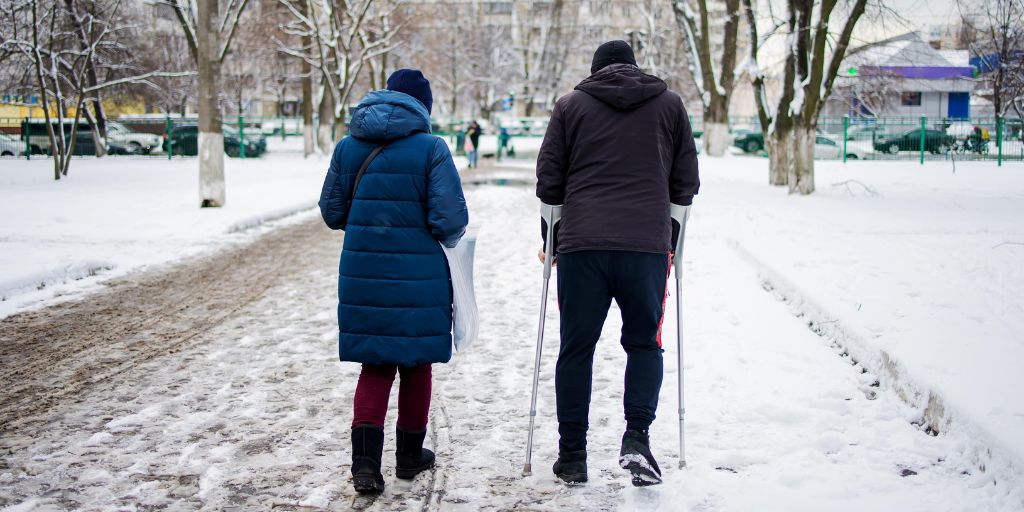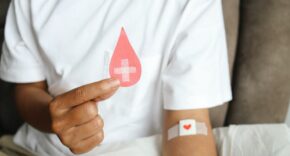
Average ambulance response time for strokes now 42 minutes, double the pre-pandemic target
Alvica CEO warns worsening emergency care and winter health risks are compounding recovery challenges for stroke survivors
Ambulance response times for strokes in England remain dangerously high, with the latest NHS data revealing an average of 42 minutes in November – more than double the pre-pandemic target of 18 minutes. These delays come at a time when winter pressures are pushing the NHS to breaking point, as emergency services grapple with higher rates of flu, respiratory illnesses, and cold-weather cardiovascular events.
This concerning trend coincides with a rise in stroke admissions, which have increased from 87,069 in 2004/05 to 111,137 in 2023/24, according to NHS England. While much of the rise is driven by an ageing population, the winter months bring additional risks, particularly for vulnerable groups. Exposure to cold temperatures can lead to higher blood pressure and increased clotting risks, both of which are known triggers for strokes.
Younger adults are also increasingly affected, with NHS data showing a 22% rise in strokes among 30–49-year-olds and an 18% increase in those aged 20–29 since 2004. These figures highlight the growing impact of lifestyle factors such as stress, poor diet, and sedentary habits on stroke prevalence, alongside undiagnosed conditions like high blood pressure.
Delayed emergency care in this context further compounds the crisis, leaving stroke survivors at greater risk of permanent disability. Research from Alvica Medical reveals that 1-in-4 UK stroke sufferers fail to make a full recovery due to gaps in rehabilitation support, underscoring the need for more effective and accessible recovery solutions.
Carolina Fransen, co-founder of Alvica, said: “The sad reality here is that ambulance delays for strokes can cost lives or people’s futures. Every minute lost during a stroke is a step closer to irreversible brain damage, yet response times continue to lag as stroke admissions rise. It’s a double hit – more people are suffering strokes, and fewer are receiving the timely care they need to maximise their recovery. Not only that, but with winter fast approaching the NHS is going to come under even more pressure and research has shown that freezing temperatures can increase the risk of strokes.
“The growing incidence of strokes among younger adults is also a sobering wake-up call. Many assume strokes only affect the elderly, but modern lifestyle factors are putting younger generations at increasing risk. We need to raise awareness of these risks and encourage preventive measures like regular check-ups, managing stress, not smoking, drinking less and leading an active lifestyle.
“Rehabilitation is the often-overlooked key to long-term recovery, yet too many stroke survivors are left without the treatment they need to rebuild their lives. Our data shows that many patients face significant gaps in rehabilitation support, leaving them unable to regain independence. By embracing advances in rehabilitation technologies, we can help more people recover effectively and comfortably in their own homes, while also easing the burden on overstretched healthcare services. This is about giving survivors the best chance to reclaim their futures and live fully, no matter their age or circumstances.”











